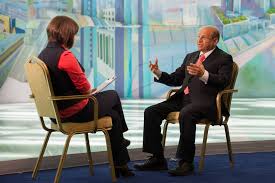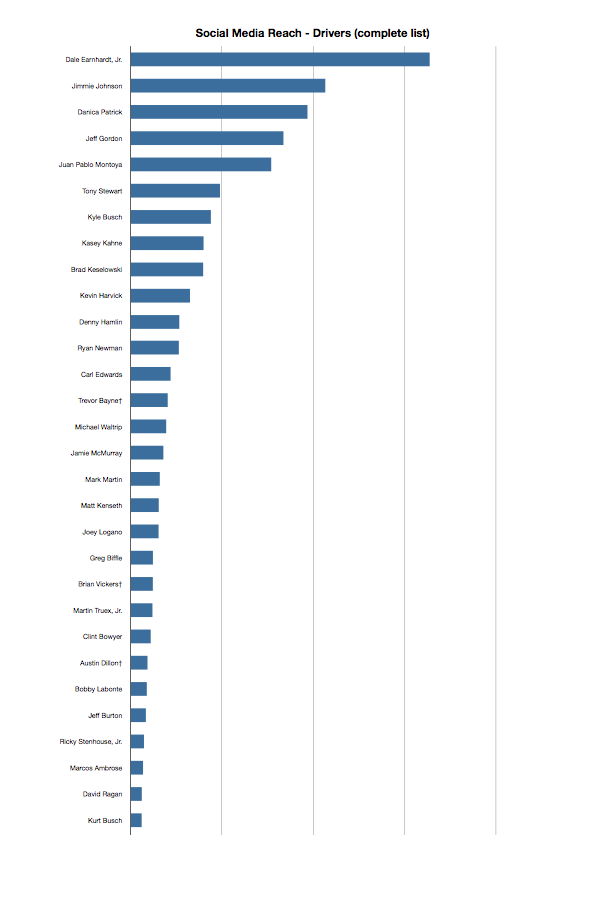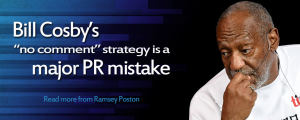Attorneys are often pressed into service to speak to reporters about their client’s case. Doing so can be a fruitful opportunity for the lawyer to support the legal strategy by setting the record straight on behalf of the client and to communicate with his or her intended audiences. However, it’s a dangerous proposition if the lawyer doesn’t understand the media ground rules.
Before engaging any reporters the lawyer spokesperson must understand the difference between “on the record” and “off the record” and everything in between. Here’s a rundown of the ground rules for speaking with reporters.

Is this on the record?
On the record – Everything said to a reporter is just that, “on the record.” The reporter is free to report everything said with direct attribution to the lawyer spokesperson. This is the most desired situation for the reporter because he or she can substantiate their reporting with direct quotes. Additionally, most editors and publishers are demanding on record quotes because they make a far more credible news stories. In this day of so called “fake news,” the media are fighting to protect their authority as a trusted source of news resulting in greater transparency.
Off the record – None of what is said can be used in anyway in any news story by the reporter. Reporters hate “off the record” because what is said to them is pretty much useless. There are a couple points that all interviewees must be aware of before attempting an “off the record” discussion with a reporter. First, and this is vitally important, “off the record” cannot be claimed retroactively. This is a classic mistake. The spokesperson, while engaged in an interview, provides a great deal of information and then says, “…but that is off the record.” Nope. “Off the record” must be established and agreed to by the reporter in advance of what is said.
The other aspect of “off the record” is that while the reporter cannot print/broadcast the information, there is nothing stopping the reporter from getting a different source to put the same information “on the record.” So, proceed with caution. We regularly advise clients, “If you don’t want it reported, don’t say it.” In other words, it’s usually best to avoid “off the record.”
On background – Everything said to a reporter can be reported, but there is no direct attribution to the spokesperson. Spokespeople often choose to go “on background” because they might not be authorized to speak on the record or for other reasons wants to shield the source of the comments. Quotes “on background” can easily be recognized in stories that include quotes from unnamed sources. For example, you might see something like this in a news story: “The president was very upset about coverage in the mainstream media,’ said a White House source.” This quote is attributed to an unnamed source but the reporter tells you he or she works in the White House, which would suggest the person has direct knowledge of what the president said. There are different levels of attribution. Reporters, and their editors, want to describe the source as specifically as possible. Attribution such as “a White House source” is pretty vague, while “…according to ‘a member of the president’s cabinet,” is much more specific. Attribution is also something that must be clarified and agreed to by the reporter before the interview starts.
Deep background – Is the same as “on background” except for attribution cannot connect the source in anyway to the story. Again, deep background must first be agreed to by the reporter. Whereas “on background” the reporter might attribute a quote to a “White House source.” Under the rules of “deep background” the reporter can only say something like, “…according to a source familiar with the situation.” The farther away attribution gets from the name of the source the less compelling news stories received by the reading public, which makes editors loath to use sources on “deep background.”
These basic journalism rules are important to understanding how to best navigate an interview. For more information about how to manage communications during a crisis click the button below.








